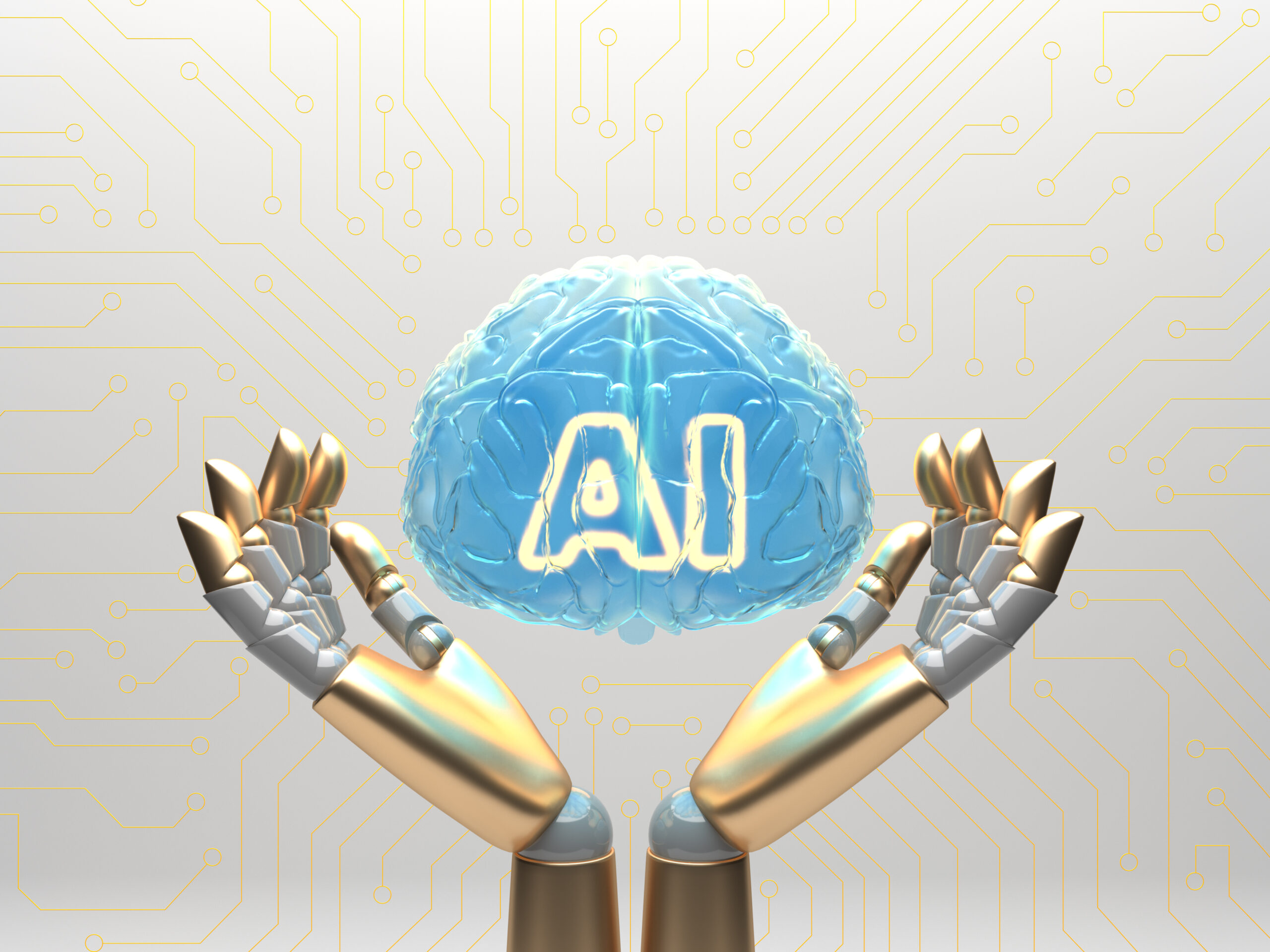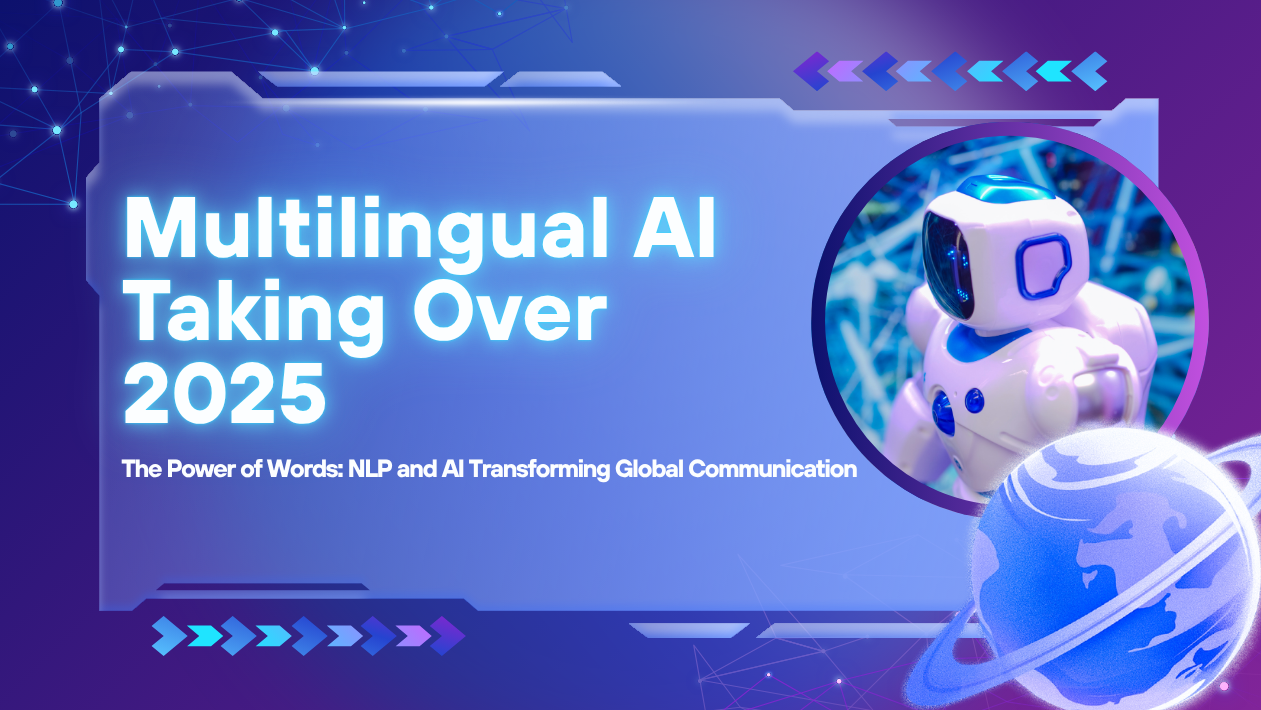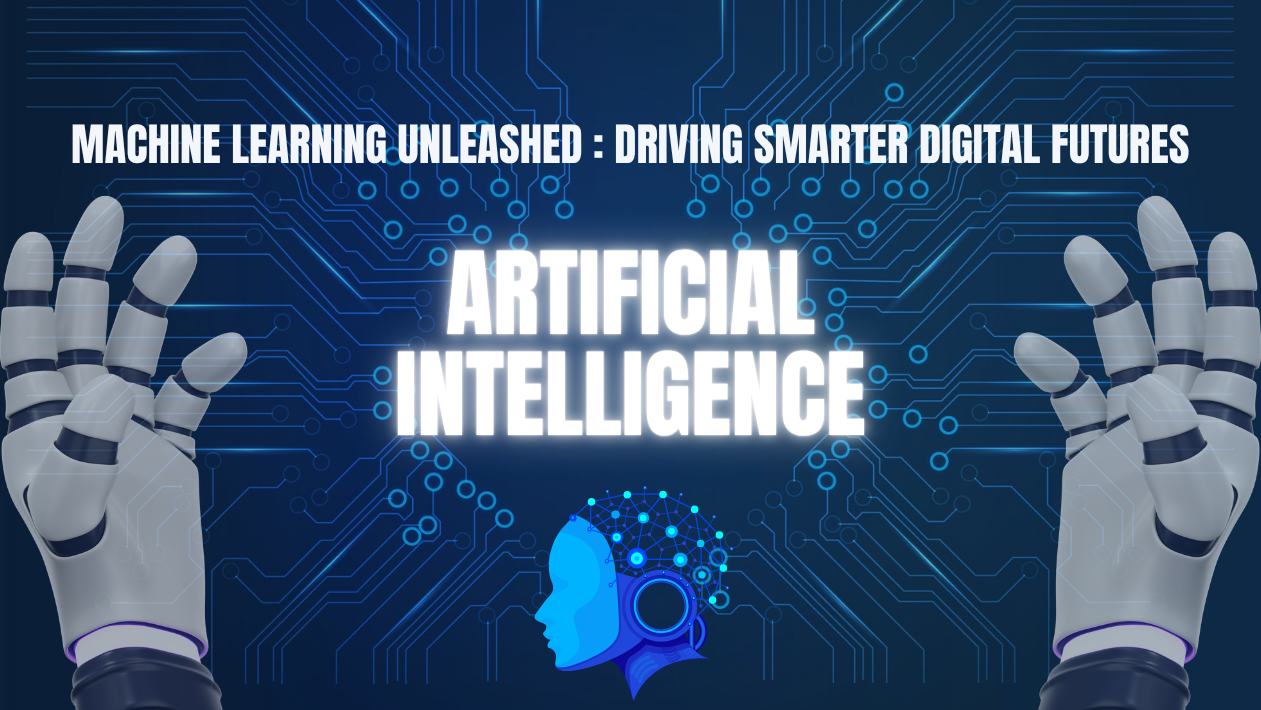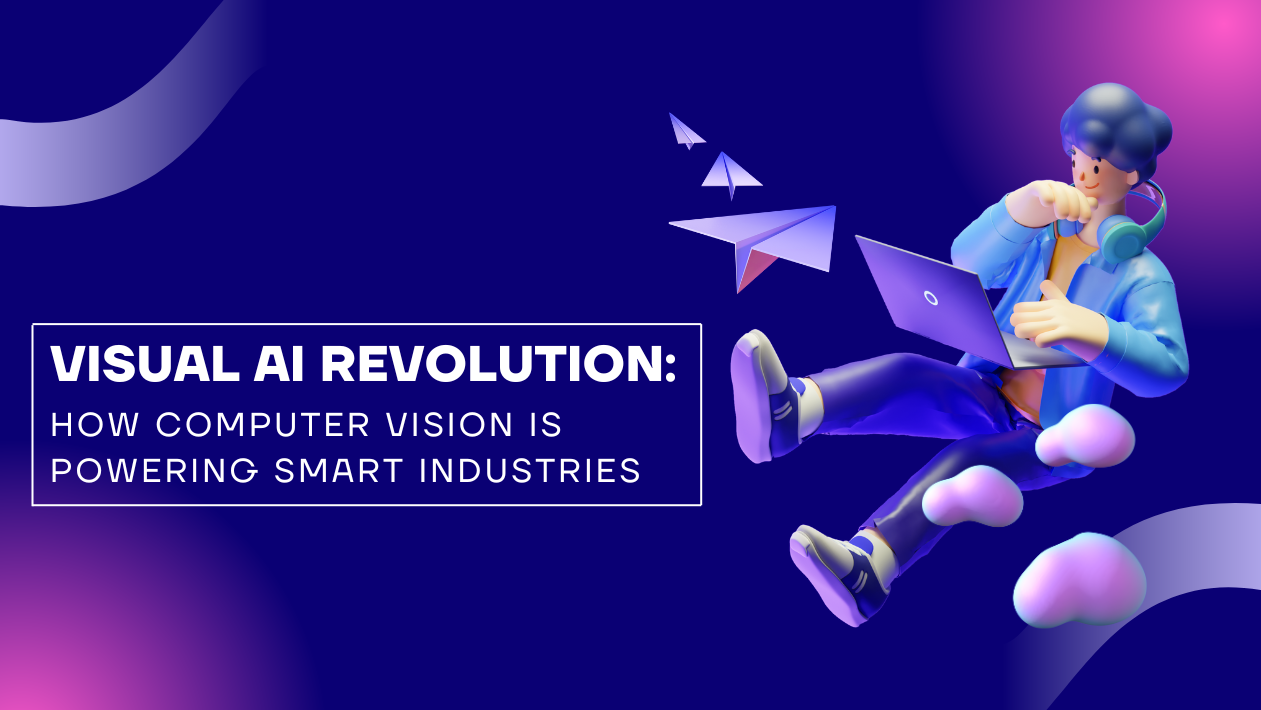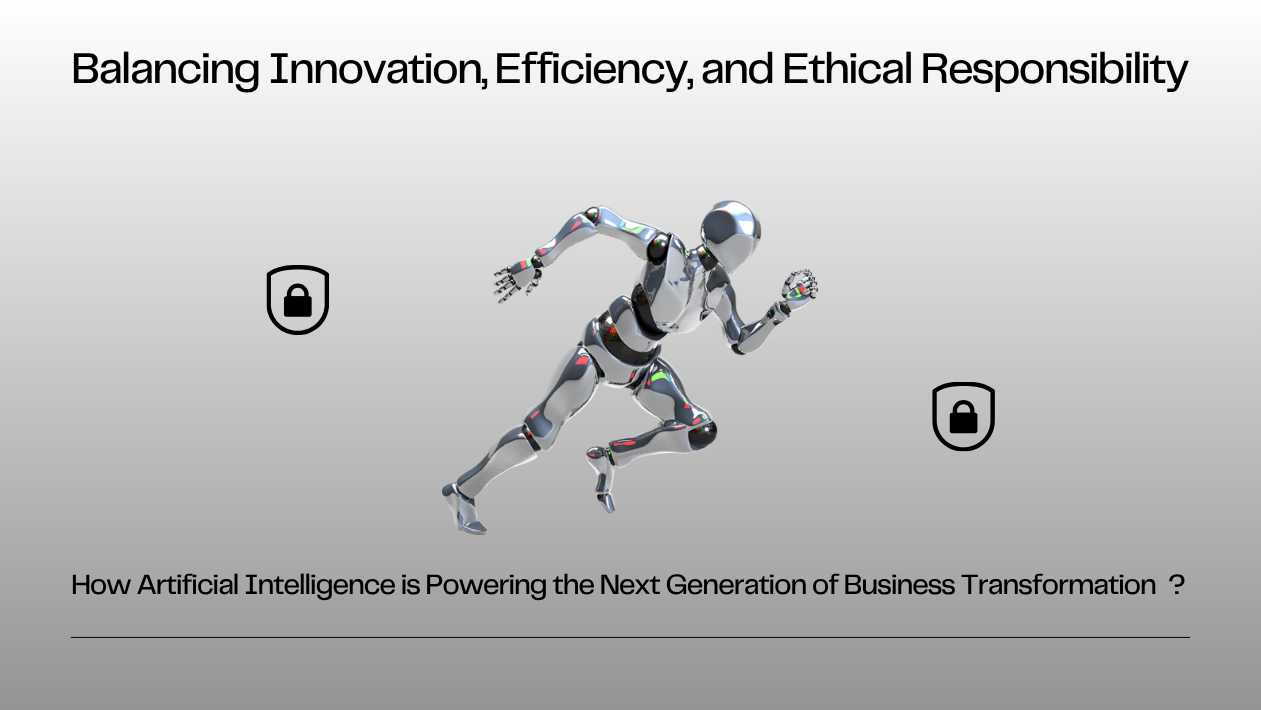As Artificial Intelligence becomes deeply embedded in business, healthcare, finance, and government systems, AI ethics has emerged as a top priority in 2025. From bias-free decision-making to responsible AI governance, policymakers, tech leaders, and researchers are aligning on frameworks to ensure that AI develops in a way that benefits society while safeguarding against harm.
Global Regulations Begin to Take Shape
The EU AI Act, finalized earlier this year, is setting the tone for global AI regulation by categorizing AI systems by risk and requiring stricter oversight for high-risk applications in areas such as healthcare, hiring, and law enforcement.
The United States is moving toward its own AI Bill of Rights, while countries like Canada, Japan, and India are drafting ethical AI frameworks focused on data privacy, accountability, and human oversight.
Bias and Fairness in the Spotlight
Bias remains one of the biggest challenges in AI. A 2025 MIT study revealed that nearly 60% of commercial AI models still exhibit measurable bias in hiring, lending, and facial recognition.
To address this, organizations are adopting fairness testing tools, bias audits, and transparent reporting before deployment. Companies like Microsoft, OpenAI, and Anthropic are leading the charge with in-house Responsible AI teams and open-source fairness frameworks.
Explainable AI (XAI) Gains Momentum
As businesses integrate AI into decision-making, the demand for explainable AI has grown. XAI tools allow users to understand why an algorithm made a particular decision, improving trust in industries like finance, insurance, and healthcare, where outcomes directly affect people’s lives.
Public Trust and Accountability Drive Adoption
Consumers increasingly demand transparency about AI usage. In response, many platforms now feature AI usage labels—similar to nutrition labels on food—highlighting when and how AI is involved in decisions or content creation.
Governments are also pushing for appeal mechanisms, allowing citizens to challenge AI-driven outcomes in areas like credit scoring, welfare distribution, and law enforcement.
AI Ethics in Business: A Competitive Advantage
For enterprises, ethical AI is no longer just compliance—it’s a brand differentiator. Companies that emphasize fairness, accountability, and responsible innovation are gaining consumer trust and long-term resilience in a competitive marketplace.
The Road Ahead: Balancing Innovation with Responsibility
In 2025, AI ethics is moving from theory to practice. The challenge ahead is clear: how to foster innovation while ensuring equity, transparency, and accountability.
With collaboration between governments, businesses, and civil society, the path forward is one where AI can enhance human progress without compromising human rights.

